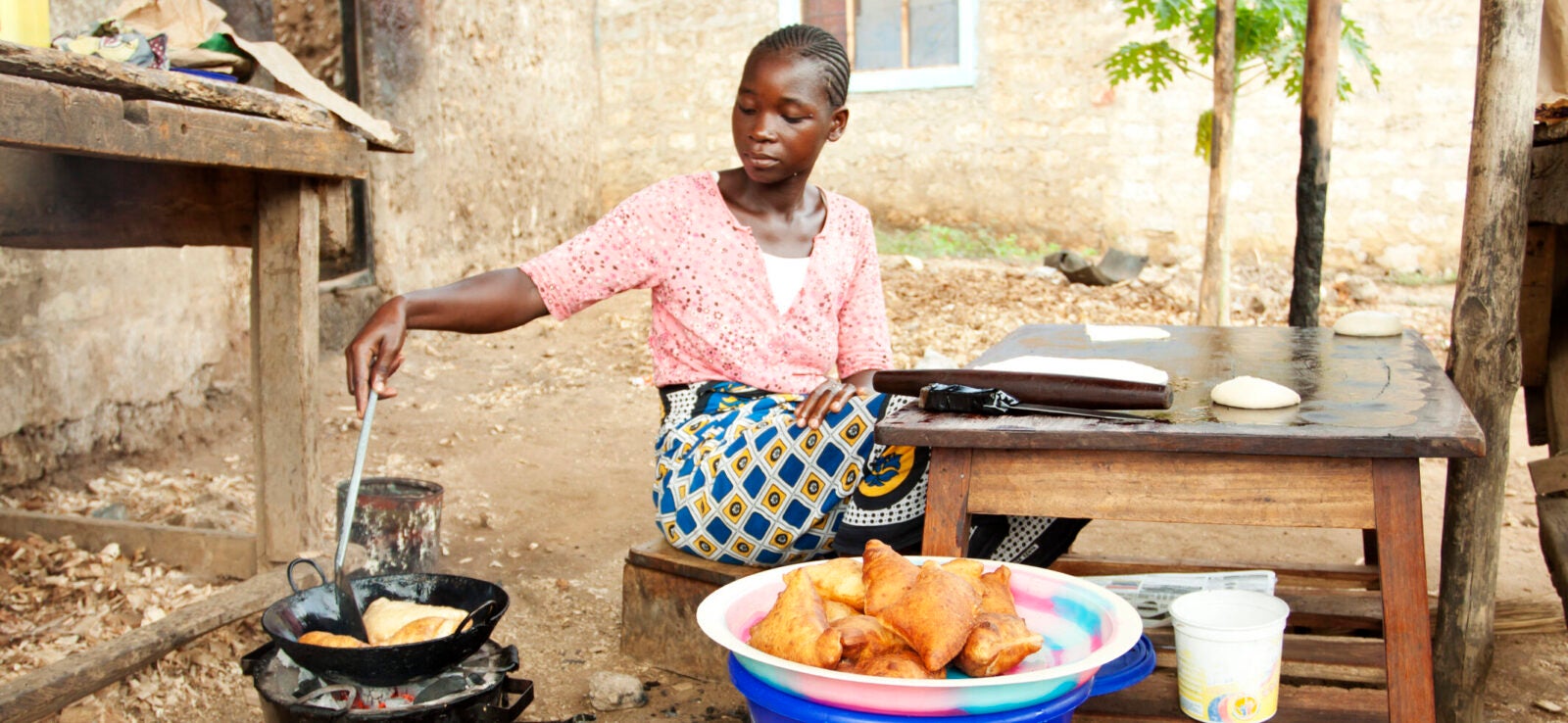Health Benefits of the Clean Energy Transition
Three billion people still use traditional biomass energy for cooking. According to the World Health Organization, respiratory infection is one of the world’s leading causes of death, especially among low-income populations. In this project, the researcher studies the impacts of reduced charcoal exposure on health and households’ beliefs about these benefits. While it is widely believed improved cookstoves can improve health, the dose-response function between smoke exposure and health outcomes is uncertain, in part because few cookstoves have generated significant reductions in smoke exposure. This study analyzes the impact of a specific stove in Nairobi, Kenya. As demonstrated in a previous study, the Jikokoa cookstove reduces charcoal usage and is therefore likely to generate large health impacts.
Grant Result
Energy efficient technologies could spur sustainable development by generating financial savings while also lowering carbon emissions. Subsidies or access to credit could help the poor adopt these technologies.
Read the Digest
Susanna Berkouwer
Assistant Professor of Business Economics & Public PolicySusanna Berkouwer is an assistant professor of Business Economics & Public Policy at the Wharton School.

